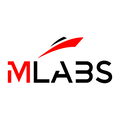Page 2. Solidity jobs
















| Job Title | Company Name | Salary | Location | Tags | Posted | |
|---|---|---|---|---|---|---|
Try changing category, page or filters.
Past and filled jobs:
| Job Title | Company Name | Salary | Location | Tags | Posted | |
|---|---|---|---|---|---|---|
| Gelato | RemoteWeb3ResearchDeveloper | |||||
| MLabs | 150k-225k/year | RemoteWeb3DeveloperEngineering | ||||
| Binance | 75k-150k/year | 📍 UAE, Abu Dhabi, Bulgaria, Sofia | Web3ResearchDeveloper | |||
| Binance | 📍 UAE, Abu Dhabi, UAE, Dubai | Web3ResearchDeveloper | ||||
| Gelato | RemoteWeb3DeveloperEngineering | |||||
Frequently Asked Questions
Are Solidity Developers in demand?
There is a lot of demand and opportunity for Solidity Programmers. In fact, it is one of the highest paid jobs in the blockchain industry. You can check out our Salaries Page to see for yourself how much Solidity Developers make per year.
Hiring Solidity Developers and Solidity Engineers is difficult sometimes as they are extremely sought after. More so ever, since the explosion of DeFi and NFTs. All of these companies require Solidity Programmers and good talent is hard to come by. A lot of the Solidity Jobs are even Remote.
The growing number of blockchain protocols and smart contracts being built on the Ethereum network and other EVM-compatible blockchains has led to an increase in demand for Solidity developers. If you're considering learning a new programming language, Solidity is a great choice as it complements fundamental programming languages such as JavaScript and TypeScript.
How do Solidity Developer Salaries compare to Web2 Developer Salaries?
The salaries of Solidity developers in comparison to Web2 developers are not very clear as the Web3 industry is relatively new and there is limited visibility into the actual salaries of the top Solidity developers. However, according to O*Net Online and the Bureau of Labor Statistics, the top 10% of blockchain engineers and software developers in San Francisco can earn over $208,000 and $153,250 respectively.
The scarcity of Solidity programmers due to the high demand for blockchain technology can lead to higher salaries and non-cash-based compensation like tokens or equity. According to Indeed, senior web2 software engineers can expect to earn between $87,000 to $179,000, which typically takes 5-15 years of experience. However, in the Web3 industry, a senior Solidity developer can reach similar salary ranges with just 2-3 years of experience, thanks to the incredible market demand for the programming language.
We also have a dedicated Solidity Developer salary, that you can use to benchmark your salary.
What is the history of Solidity Programming Language?
You might be familiar with Bitcoin, Ethereum, and other cryptocurrencies. The underlying technology that makes these cryptocurrencies distinguishable from digital currencies (like Paypal money) is the Blockchain. You can think of the blockchain as a series of Excel sheets that cannot be erased, doesn’t reside on a single server where it is hackable, secured cryptographically and is connected to each other. Now you should know as well that Excel sheets can also contain images as well as other interactive data. Bitcoin’s primary function was to be the currency of the Internet that’s independent of intermediaries like Paypal or the banks.
Ethereum was conceived as a reaction to Bitcoin developers' hesitance to maximize Blockchain’s utility of smart contracts. Vitalik Buterin, who was then a co-founder and writer of BitcoinMagazine.com along with other programmers, then penned the Ethereum Whitepaper “A NEXT GENERATION SMART CONTRACT & DECENTRALIZED APPLICATION PLATFORM” in 2013.
On February 3, 2014, Vitalik introduced Ethereum Script 2.0 as that which would provide the framework for the ideas he proposed. By November 2014, Gavin Wood proposed a new and specific programming language which would then be called Solidity. He presented this in ÐΞVcon-0 in Kreuzberg, Berlin between Nov. 24 to 28, 2014.
By October 10, 2014, a sample smart contract has been made pending the release of Proof of Concept 7 (PoC-7) which was discussed in December.
How to hire Solidity Developers?
The technology is so new that even large companies end up hiring inexperienced developers and it results in bad code. Unfortunately, since these are smart contracts on the blockchain, they can be exploited to steal a massive amount of funds. Solidity Programming is very complex.
This is why Solidity Jobs are in high demand right now! As a company, it is very important to hire an experienced and knowledgable Solidity Developer. The space has rapidly grown since 2015 and some would argue - have fuelled further interest not just in Ethereum and Bitcoin, but also created other cryptocurrencies. 2017 saw the rise of fund-raising efforts in the form of Initial Coin Offerings (ICOs) that became the testing ground for the limitations and possibilities of tokens on top of the Ethereum blockchain. Consequently, forks or separate iterations of Ethereum rose up to try to compete with Ethereum.


People PartnerTrezor.io

FounderSparkyFi
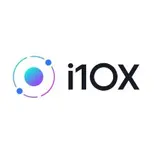

Co-Founderi10x
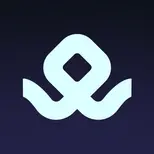

Head of GTMMimic Protocol
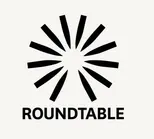

Chief of Staff & SVP SalesTheStreet / Roundtable


Co-Founder and COOMultiverse
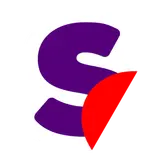

Co-Founder and COOStickies


Co-Founder, Head of Product & OpsID8R
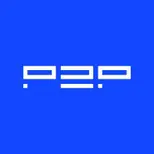

HR DirectorP2P.org


Co-Founder & CEOWalletChat


Founder & COOAavegotchi | Pixelcraft Studios


Chief of StaffUMA Project


Co-founderFloating Point Group
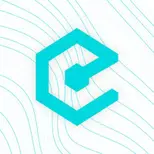

Co-founder & HostEpicenter Podcast


Head of People OperationsStatus


People PartnerTrezor.io

FounderSparkyFi


Co-Founderi10x


Head of GTMMimic Protocol


Chief of Staff & SVP SalesTheStreet / Roundtable


Co-Founder and COOMultiverse


Co-Founder and COOStickies


Co-Founder, Head of Product & OpsID8R


HR DirectorP2P.org


Co-Founder & CEOWalletChat


Founder & COOAavegotchi | Pixelcraft Studios


Chief of StaffUMA Project


Co-founderFloating Point Group


Co-founder & HostEpicenter Podcast


Head of People OperationsStatus

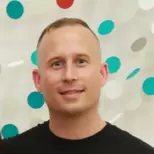
Project LeadTHORChain


General ManagerMeld Gold
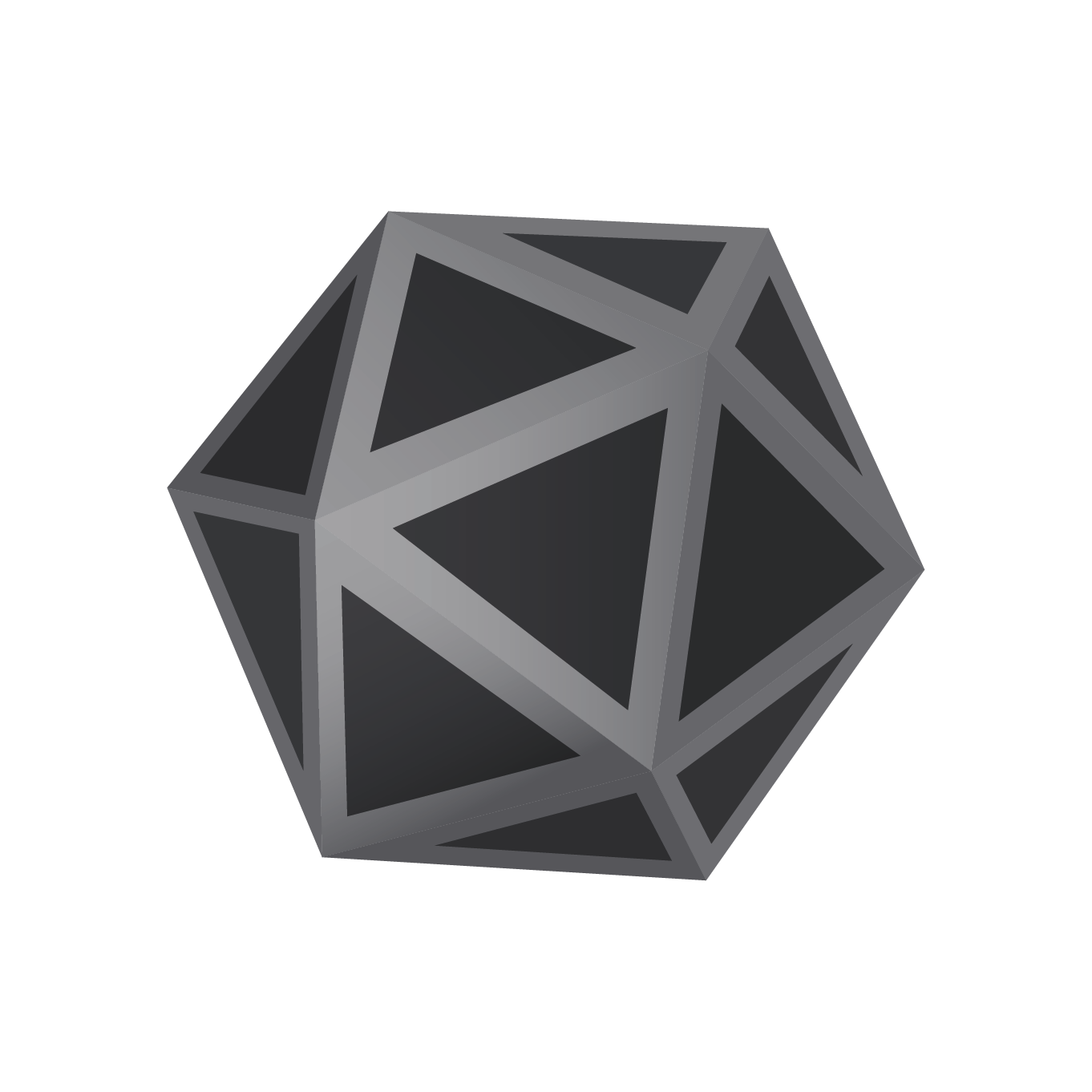

Communications LeadKleros


Cofounder & COOFleek
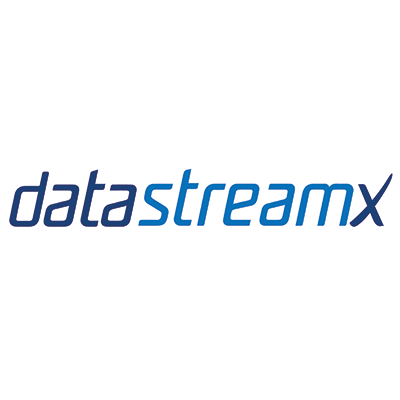

Founder & CEODataStreamX
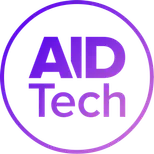

Co-founder & COOAID Technology

Marketing & Communications DirectorAdel


Project LeadTHORChain


General ManagerMeld Gold


Communications LeadKleros


Cofounder & COOFleek


Founder & CEODataStreamX


Co-founder & COOAID Technology

Marketing & Communications DirectorAdel

